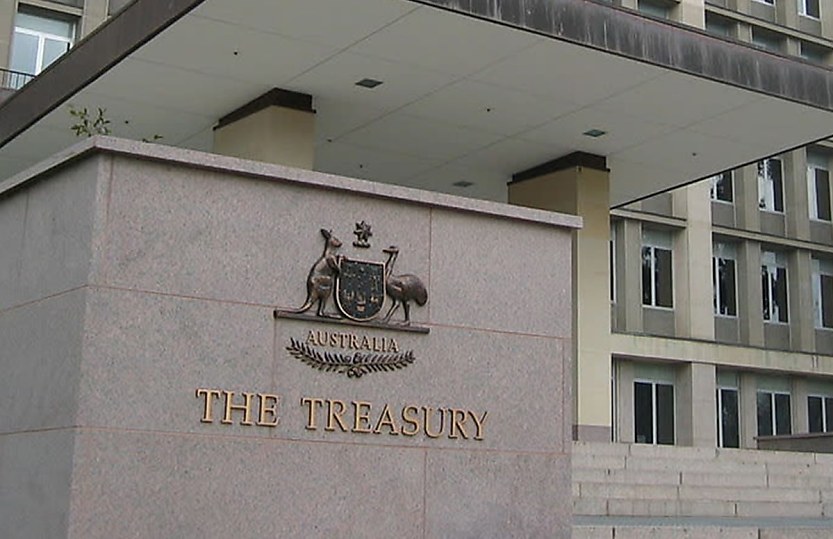Tax industry claims partial victory against government’s code changes

Practitioners and professional bodies have vowed to keep the pressure on authorities to fix broad provisions around client disclosures and reporting.
Tax practitioners and professional bodies have declared a partial victory after the government postponed contentious new obligations on Wednesday, recognising they have more to do to stop provisions around client disclosures and confidentiality from materialising.
Assistant Treasurer Stephen Jones’ last-minute announcement on the eve of the 1 August start date comes after weeks of warnings and intense lobbying from the industry.
David Boyar, CEO of accounting software provider ChangeGPS, called the decision a “conditional win” that left fundamental issues unresolved.
“It's a conditional win and the conditions are still bad,” Boyar told Accountants Daily. “They’ve dealt with the deadline issue now. So that is the win. The condition is that all the other bad rules still remain.”
“This is just the start – now real effort needs to go into addressing parts of the law that are genuinely unfair.”
The rules stem from a determination that has caused an uproar in the tax community since being registered on 2 July.
Practitioners criticised the lack of guidance, impending start date and broad obligations, including being forced to disclose any matter that could significantly influence a client's decision to engage their services.
On Wednesday evening, Jones yielded to industry pressure and updated the determination, announcing that small firms with fewer than 100 employees would be given until 1 July next year to comply with new rules.
The start date for larger firms with more than 101 employees would be 1 January.
‘Common sense has prevailed’
Veteran Canberra accountant Gail Freeman said the decision came as a relief and meant “common sense has prevailed”.
Freeman, who owns the boutique firm Gail Freeman & Co, said she had spent the past few days carrying out unbillable tasks to ensure her systems were compliant.
“I spent a little bit of time on Saturday, I certainly spent about seven hours on Sunday, I spent about four hours on Monday afternoon tidying everything up. So it's not a small investment,” she said.
“I haven't even done work for four days. To find out at the last minute that it's been changed, I'm grateful.”
The assistant treasurer was satisfied that current industry concerns could be addressed through TPB guidance without further changes to the determination, but said he would engage “constructively” if it became clear his intervention was needed.
Freeman was concerned that the lack of legal changes meant practitioners were still at a “disadvantage”.
“We've won a concession. There is still more to be dealt with,” she said. “My understanding is that if the law says something, there is still a capacity for people to be prosecuted over it.”
Professional bodies react
CA ANZ, one of the professional bodies that spearheaded advocacy efforts against the changes, said the postponement failed to address core concerns around sections 45 and 15 of the determination.
“Moving timelines does not change the rules themselves. Instead, we call for the current legislative determination to be withdrawn and rewritten,” chief executive Ainslie van Onselen said.
She also raised concerns about the potential of client disclosure obligation under section 45 to breach practitioners’ privacy.
“Any law that is open to being interpreted as requiring individuals to disclose their private health information has serious human rights implications and amounts to a significant breach of privacy,” she said.
“Our second concern is the requirement to disclose to clients and prospective clients if they are subject to an investigation by the TPB or another relevant body.”
“None of these matters appear to have been considered … which suggests these important new requirements have not been properly thought through or legislated.”
In a statement on LinkedIn, the National Tax & Accountants' Association committed to lobbying for further changes.
“We are pleased that advocacy has achieved a small reprieve, particularly for smaller and medium-sized accounting firms. However, we will continue to lobby for further changes to this determination,” it said.
Tony Greco, Institute of Public Accountants (IPA) general manager for technical policy, singled out the duty of practitioners to notify authorities of misleading statements as a priority area during consultations.
“We are pleased to have made inroads towards a better outcome for our members. We now look forward to the opportunity to undertake further consultation to address the concerns raised in our open letter.”
CPA Australia interim head of policy and advocacy Ram Subramanian said the determination in its current form created confusion and uncertainty among the community.
“The unexpected release of changes to the tax agent code of professional conduct earlier this month caused significant concern amongst many small accounting and bookkeeping businesses,” Subramanian said.
About the author







